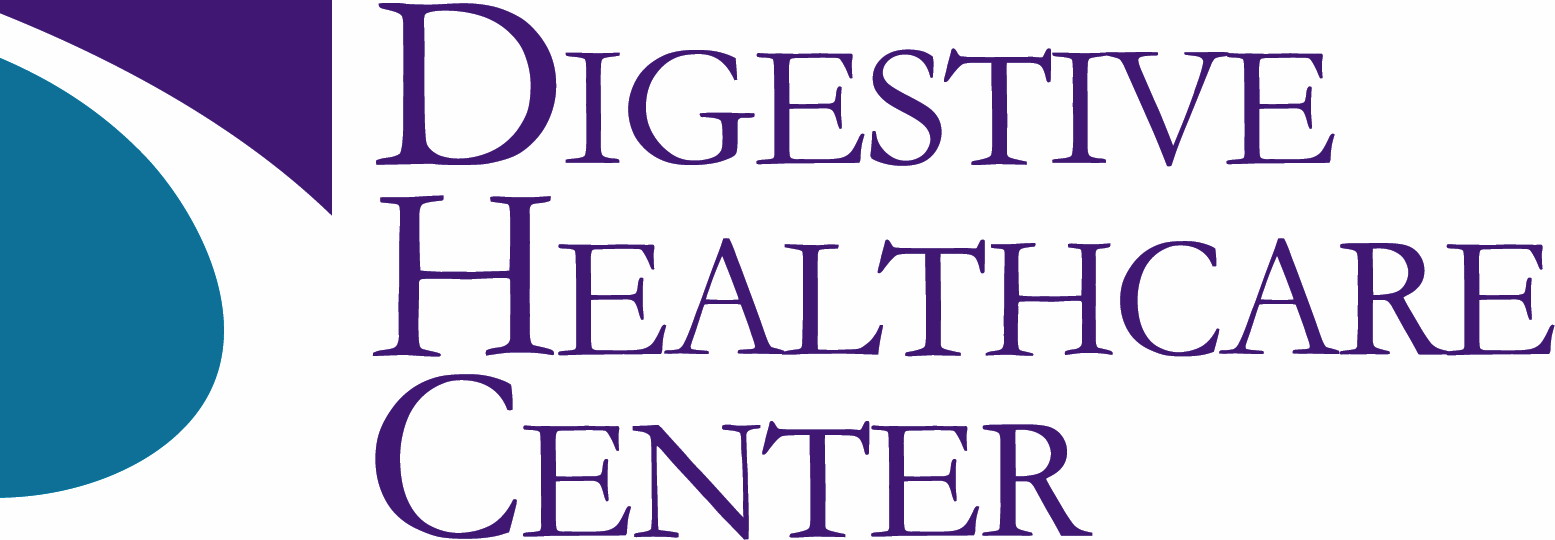Blog
Start Colon Cancer Screening at 45, Not 50, American Cancer Society Urges
When Should I Get Screened for Colorectal Cancer?
 Colorectal cancer is a disease that affects the colon or rectum, starting out as a growth on the inner lining. These growths, known as polyps, can develop into cancer over time, depending on their type. Colorectal cancer is a leading cause of cancer death for both men and women in the United States, however, the death rate has been dropping for several decades due to increased awareness and regular screening. Screening can often find colorectal cancer at an early stage when the tumor is small and the cancer has not yet spread. A polyp can take 10 to 15 years to develop into cancer, and with screening, your doctor can easily find and remove polyps before they become cancerous.
Colorectal cancer is a disease that affects the colon or rectum, starting out as a growth on the inner lining. These growths, known as polyps, can develop into cancer over time, depending on their type. Colorectal cancer is a leading cause of cancer death for both men and women in the United States, however, the death rate has been dropping for several decades due to increased awareness and regular screening. Screening can often find colorectal cancer at an early stage when the tumor is small and the cancer has not yet spread. A polyp can take 10 to 15 years to develop into cancer, and with screening, your doctor can easily find and remove polyps before they become cancerous.
The American Cancer Society guideline for when to start colorectal cancer screening used to be age 50, but it has been updated to age 45 for average-risk adults. Those in good health who are expected to live for at least ten more years should continue regular screening through the age of 75. Regular screening consists of either a high-sensitivity stool-based test or a structural (visual) exam, with colonoscopy being the gold standard for screening. At Digestive Healthcare Center, our physicians perform screening tests for colorectal cancer, including colonoscopy in NJ, as a preventative measure to promote positive digestive health for all patients.
Should I Be Screened for Colorectal Cancer Before Age 45?
Colorectal cancer typically occurs in older adults, but it can develop at any age. A recent increase in cases among younger and middle-aged adults has prompted the American Cancer Society to lower their recommended screening age, so more cases of colorectal cancer can be detected early and potentially prevented. Colon cancer is the third most common type of cancer in both men and women in the United States (excluding skin cancers). People at a higher risk for colorectal cancer may need to start screening before age 45. They may also need to be screened more often. Individuals at a higher risk for colorectal cancer include those with:
- A strong family history of colorectal cancer or certain types of polyps
- A personal history of colorectal cancer or certain types of polyps
- A personal history of inflammatory bowel disease (ulcerative colitis or Crohn’s disease)
- A family history of a hereditary syndrome such as familial adenomatous polyposis (FAP) or Lynch syndrome
- A history of radiation to the abdomen (belly) or pelvis to treat a prior cancer
If you know you are at a higher risk for colorectal cancer, you should talk to your healthcare provider about screening recommendations that are personalized to you. At Digestive Healthcare Center, your doctor can help you decide when to begin screening, which test is right for you, and how often to get screened.
Importance of Colorectal Cancer Screening
If colorectal cancer is found early through routine testing, the 5-year survival rate is more than 90%. Unfortunately, about 1 in 3 people in the US who should get tested for colorectal cancer have never been screened. When cancer spreads outside the colon or rectum, survival rates are lower. Not all colorectal cancers can be prevented, but there are ways an individual can reduce their risk.
- Get regular screenings, such as colonoscopy, to help find problems that might turn into cancer
- Maintain a healthy weight
- Exercise regularly
- Follow a healthy diet that includes plenty of fruits, vegetables, and whole grains
- Avoid alcohol or limit consumption to 1 drink per day for women and 2 drinks per day for men
What are the Symptoms of Colorectal Cancer?
Polyps and colorectal cancer don’t always cause symptoms, especially at first. However, symptoms may develop as the cancer progresses. Symptoms can also depend on the size and location of the cancer. When symptoms of colorectal cancer do appear, they can include:
- A change in bowel habits, such as diarrhea or constipation
- Rectal bleeding
- Blood in the stool
- Cramping or abdominal (belly) pain
- Losing weight without trying
- Weakness and fatigue
Many of these symptoms can indicate a variety of conditions other than colorectal cancer, such as infection, hemorrhoids, or irritable bowel syndrome. It is important to stay on top of regular screenings and let your doctor know if you are experiencing any symptoms that cause you discomfort or concern.
Colonoscopy – The Gold Standard for Colorectal Cancer Screening in NJ
Colonoscopy is the gold standard for colorectal cancer screening in NJ, and it is used to detect and prevent colorectal cancer through the removal of polyps. If you receive an abnormal result on another screening test, such as a stool test, flexible sigmoidoscopy, or CT colonography, a colonoscopy is required to complete the screening process. The procedure usually takes about 15 to 60 minutes. During the procedure at DHC, your doctor will examine the lining of the colon by inserting a thin, flexible tube inside the rectum and through the entire colon. If polyps are found, they will be removed during colonoscopy as a means of preventing colorectal cancer.
What are the Other Methods of Colorectal Cancer Screening?
- Cologuard. Cologuard is a noninvasive screening test for colorectal cancer that looks for microscopic blood and altered DNA in the stool. A Cologuard test kit must be prescribed by your doctor. After a sample of stool is collected, it will be sent to a lab for analysis.
- CT Colonography (Virtual Colonoscopy). Computed tomography (CT) colonography, also known as a virtual colonoscopy, uses special X-ray equipment to produce images of the colon and rectum from outside the body. Your doctor can view these detailed images to find polyps and other abnormalities.
- Flexible Sigmoidoscopy. A flexible sigmoidoscopy is similar to a colonoscopy, however, it does not examine the entire colon. During this test, a thin, lighted, flexible tube (sigmoidoscope) is inserted into your rectum to check for polyps or cancer inside the rectum and lower third of the colon.
- Stool Tests. The guaiac-based fecal occult blood test (gFOBT), fecal immunochemical test (FIT), and stool DNA test are used to look for possible signs of polyps or colorectal cancer in the stool, such as the presence of blood. These tests can be done at home, but may need to be performed more often than other screening methods.
Colorectal Cancer Screening in New Jersey at DHC
At Digestive Healthcare Center, our board-certified gastroenterologists specialize in a wide range of tests and procedures, including colonoscopy to identify and remove polyps before they develop into cancer. We diagnose and treat all manner of digestive health conditions at our offices in Hillsborough and Somerville, NJ. If you are experiencing symptoms that cause discomfort or concern, visit one of our gastroenterology centers near you or schedule a virtual telemedicine appointment so we can help you stay on top of your digestive health.
Make an Appointment for Comprehensive Digestive Care in NJ
At Digestive Healthcare Center, we want each patient at our three offices in New Jersey to feel confident about their digestive health. We encourage you to contact us today to make an appointment with one of our expert gastroenterologists – don’t wait to start putting your digestive health first!
Recent Blogs
Learn more about all things digestive health and wellness by checking out our recent gastroenterology blogs.

Walk in Solidarity and Support Breast Cancer
Blog On October 21st the DHC team and family members had a wonderful time walking in solidarity and support of Breast Cancer in honor of

The Do’s and Don’ts of Eating This Holiday Season
Blog The holiday season is officially upon us, complete with holiday food and cheer. While this time is well renowned for being “the most wonderful
Tame Your Flame: Our Summer Guide to Digestive-Friendly Eating
Blog With summer officially upon us, barbecue season is in full swing. That means blue skies, sunshine and making merry memories. Whether you’re invited to
